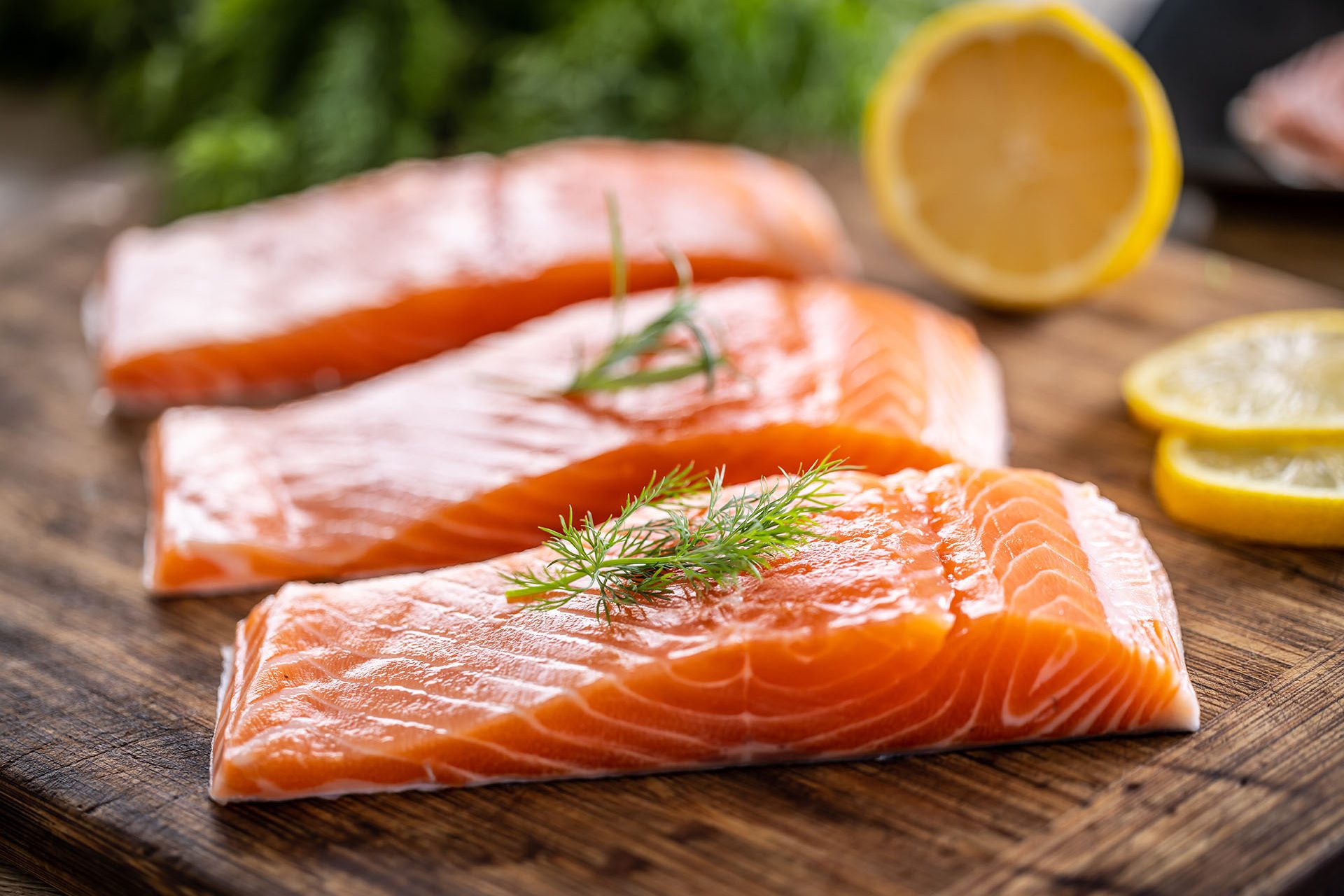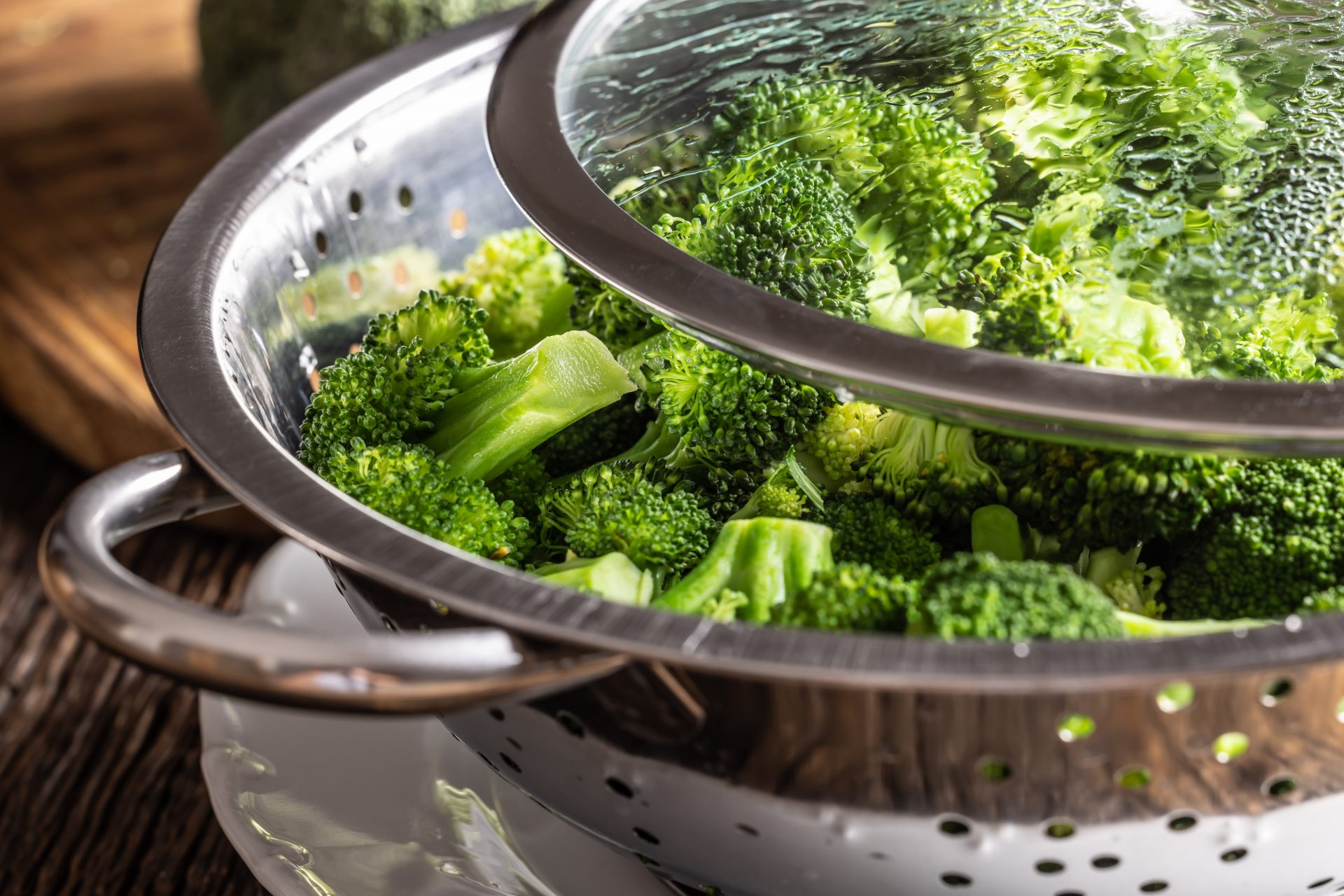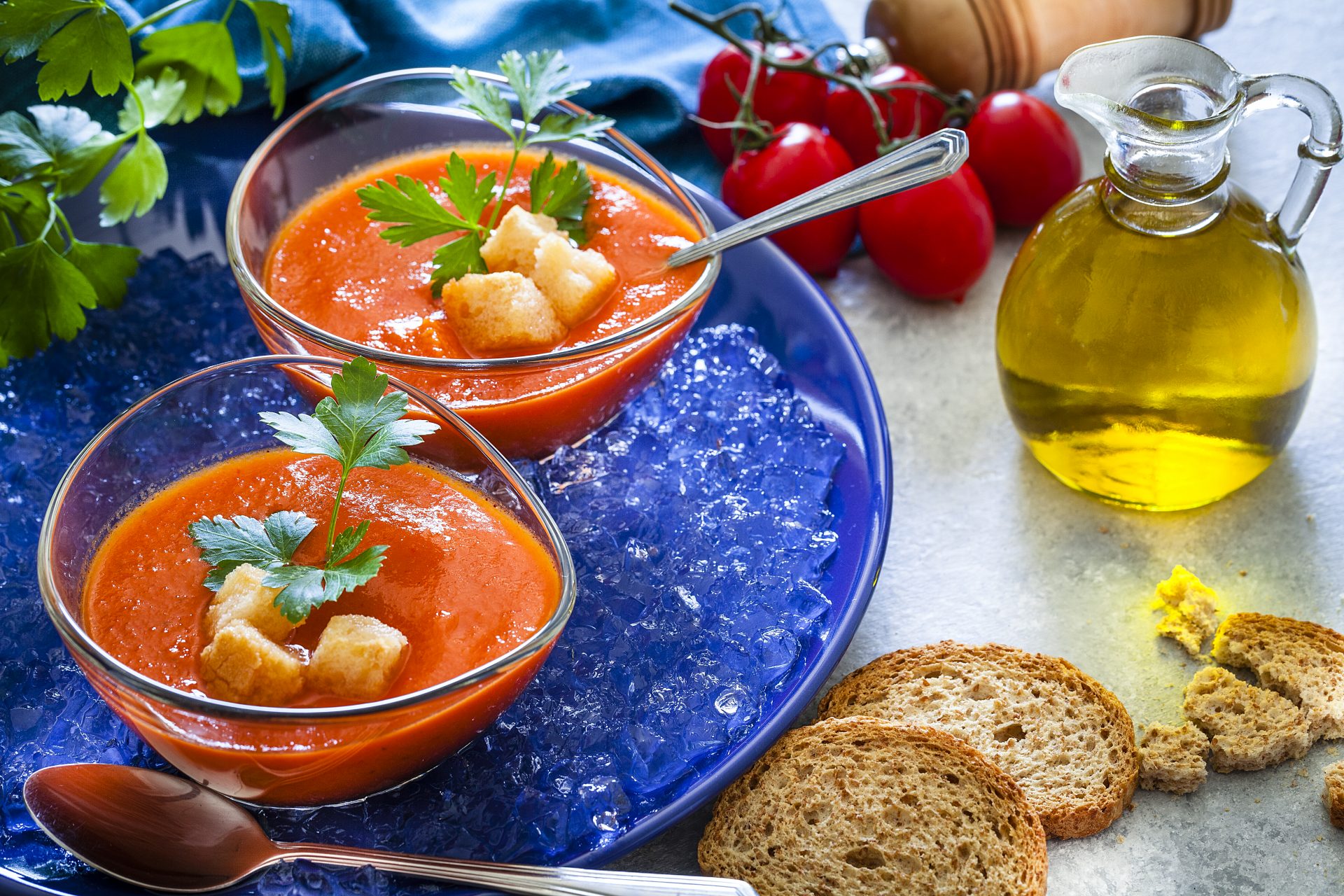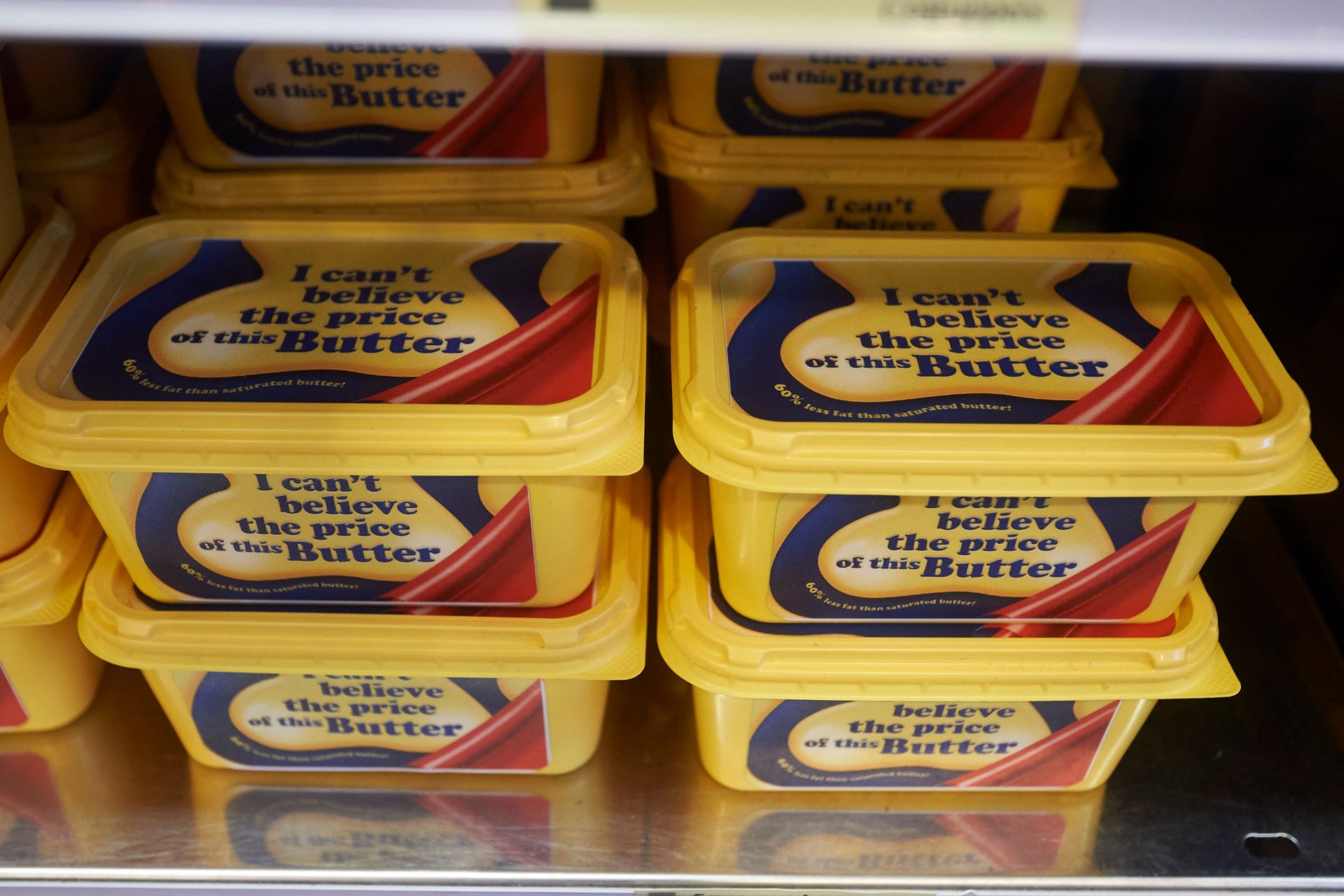Joint pain? Here's what to eat… and what to avoid
Joint pain is a common ailment that affects people for a number of reasons; however, it usually boils down to inflammation in the joint areas. Managing joint pain requires several different treatments, but an eating plan focused on inflammation reduction can help ease and prevent painful symptoms.
Dietitian Maxine Smith told the Cleveland Clinic that there are lots of great foods for inflammation, but fish is one of the best. Ideally, you can find ones that are high in omega-3 fatty acids and low in mercury, such as salmon, trout, herring, white fish, anchovies, or mackerel.
All vegetables are nutritious, but Smith highlights the properties of cruciferous veggies like broccoli and kale for their nutritional and anti-inflammatory properties. She also gave special shout-outs to dark green leafy vegetables like spinach, as well as vitamin C-packed orange vegetables.
Researchers are increasingly discovering just how linked the gut microbiome is to general well-being and inflammation. The Guardian even reports that probiotics may even help battle the effects of inflammation-causing microplastics. Great fermented foods include yogurt, kefir, sauerkraut, and kimchi.
Fermented foods: The easy and delicious way to boost your health
Both spicy root vegetables are also mentioned as packing a powerful punch against inflammation. According to the Hospital Clinic Barcelona, curcumin, the colorant in turmeric, is rich in polyphenols and blocks one of the metabolic pathways leading to inflammation. As for ginger, clinical trials have shown it helpful for a wide range of inflammatory conditions from arthritis to lupus.
In terms of well-known broader diets, Johns Hopkins says that the Mediterranean diet, which stresses plant-based, colorful foods with fiber-rich foods, olive oil, omega-3s, and lots of vitamin C, appears to be the most helpful.
Choosing what to eat is as much a process of saying 'no' to some foods as it is saying 'yes' to others. These are the foods that Johns Hopkins says could cause or exacerbate inflammation…
Research shows both processed and red meats are high in saturated fat, which is linked to inflammation. A 2024 study published in Nature also found that they can increase oxidative stress and inflammation. So try eliminating red meat like steak and hamburgers and processed meat like sausage, bacon, and deli meats.
While we may love it, too much added sugar can increase chronic inflammation, according to Harvard Medical School. And in Western countries, that’s a huge problem. In the American diet, the top sources are soft drinks, fruit drinks, flavored yogurts, cereals, cookies, cakes, candy, and most processed foods. American men consume an average of 24 teaspoons of added sugar per day, according to the National Cancer Institute. That's equal to 384 calories.
Anything made of refined flour, which basically means it has been stripped of its slow-digesting fibers and nutrients, will spike insulin levels — like sugar — resulting in a pro-inflammatory body response. For some individuals with gluten sensitivity, gluten, a protein found in wheat products — refined and whole — can also trigger inflammation.
Johns Hopkins also warns against deep-fried items such as French fries, fried chicken, and donuts. These foods tend to produce compounds in the body called advanced glycation end products, which can directly stimulate inflammation, nutritionist Velona Anderson explained to Business Insider.
Trans fats are another culprit. They are found in margarine, microwave popcorn, refrigerated biscuits, frozen dough (like frozen pizzas), and nondairy coffee creamers. At the same time, some studies have shown that naturally occurring trans fats, present in meat and dairy, do not trigger inflammation. Wondering how to spot trans fats on packages? Check for the words "partially hydrogenated" in the ingredient list.























